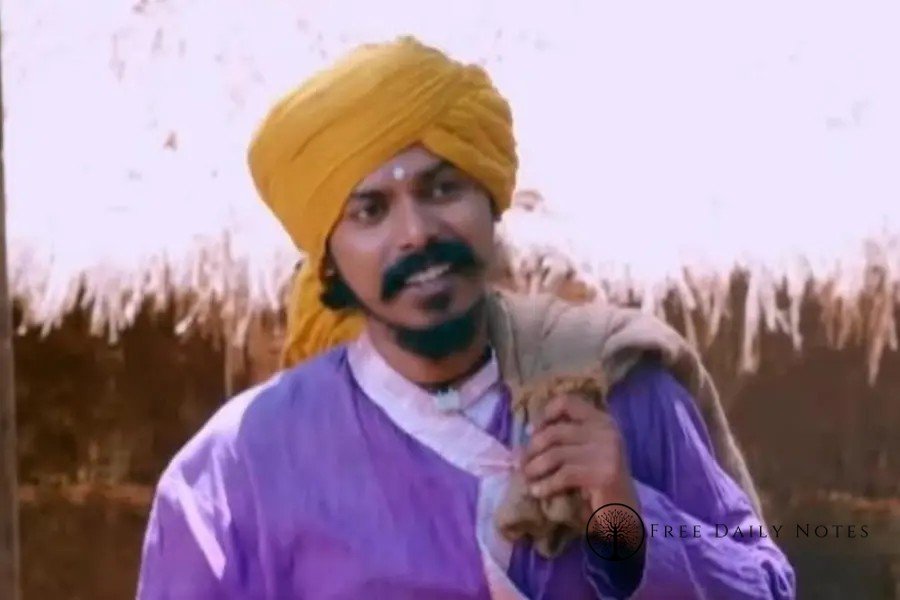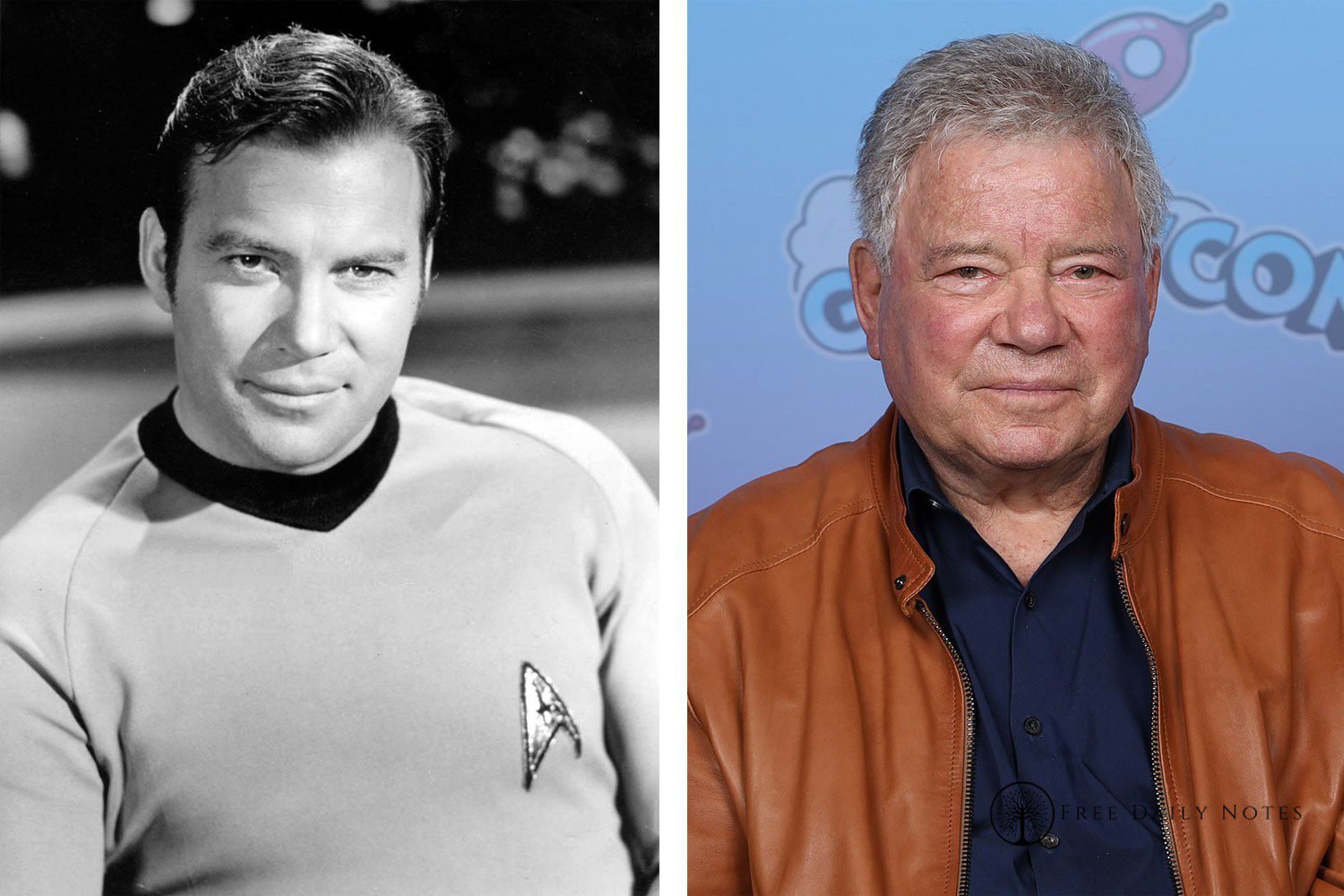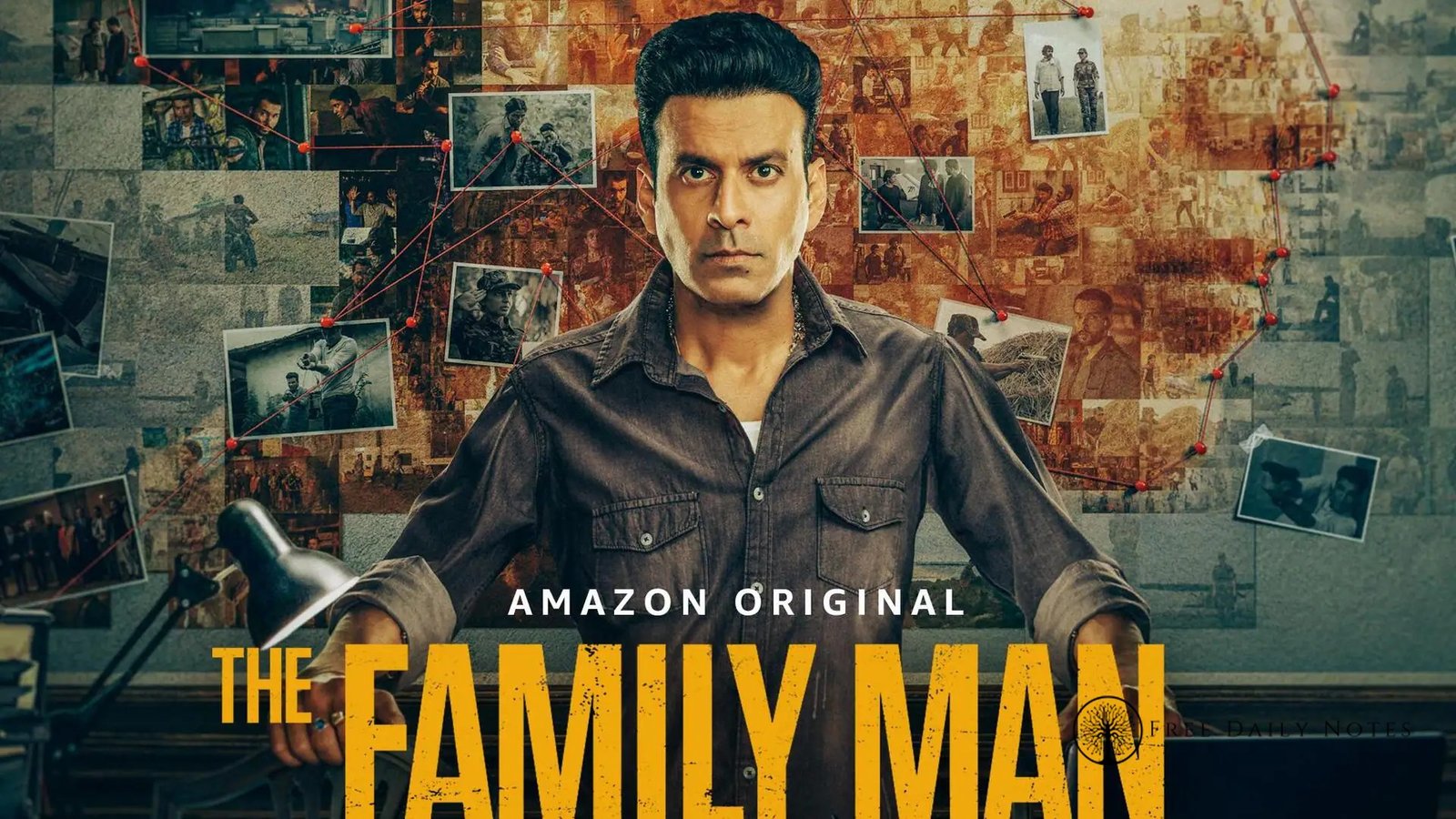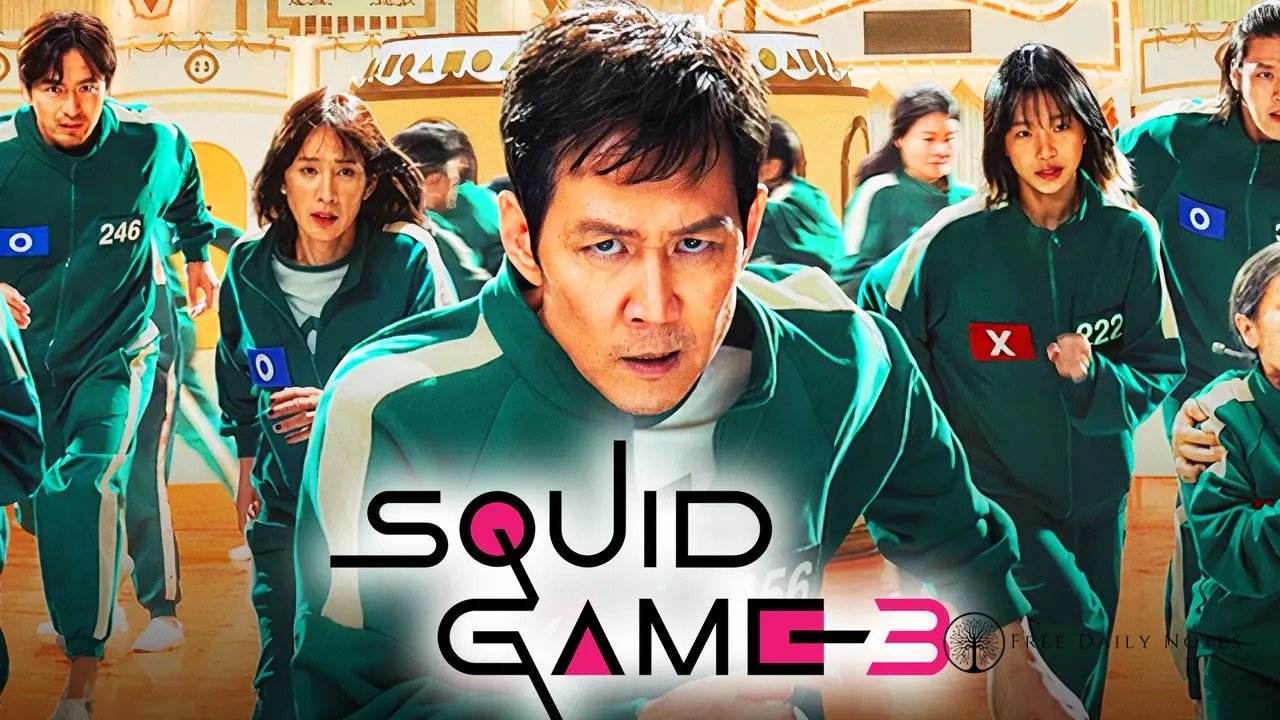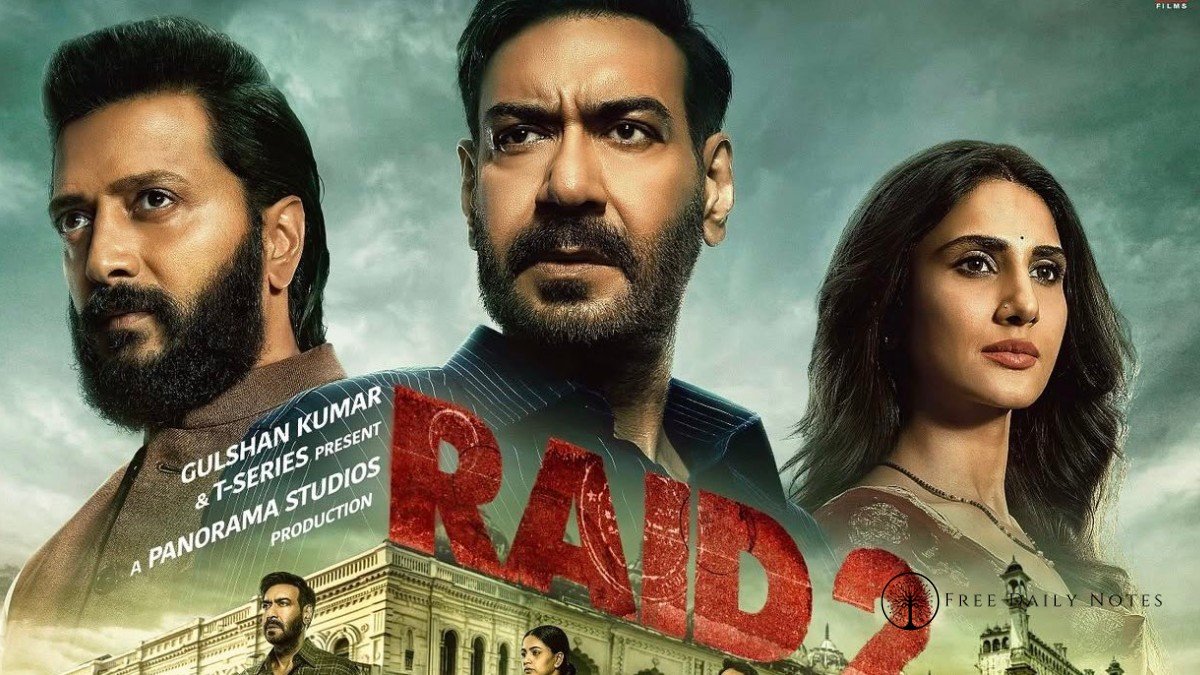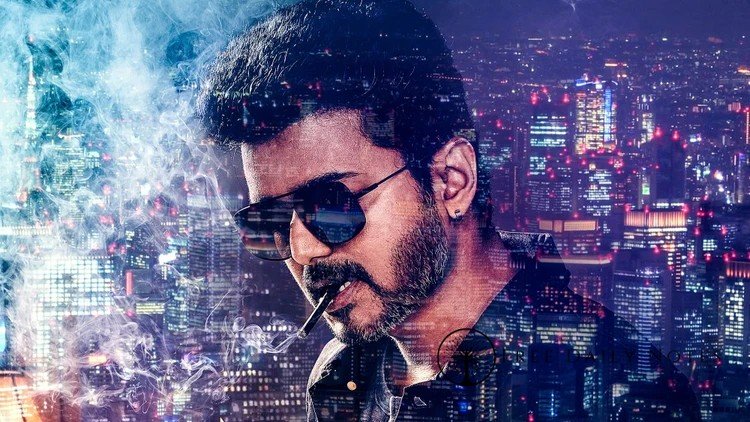
I still remember that sweltering Chennai afternoon in 2003 when I first experienced the Vijay phenomenon. The theater was packed to the rafters for “Thirumalai,” people whistling, throwing confetti, and practically dancing in the aisles every time he appeared on screen. I was just a college kid then, dragged along by friends who were die-hard fans, and I couldn’t quite wrap my head around the absolute hysteria.
“Just wait,” my friend Sathish had told me, “you’ll get it soon enough.”
He wasn’t wrong.
Two decades later, I’m sitting here trying to explain the cultural juggernaut that is Vijay Thalapathy – a task that feels about as straightforward as explaining the concept of rasam to someone who’s never tasted anything spicier than plain pasta. There are actors, there are stars, and then somewhere in the stratosphere beyond both categories, there’s this phenomenon called Thalapathy.
But what makes him so special? Why does a single tweet from him send Tamil Nadu into a frenzy? And how did a shy, soft-spoken man transform into one of India’s most powerful cultural icons?
Let’s dive in, shall we?
The Evolution of Vijay Thalapathy | From Child Actor to Cultural Icon
Most people don’t realize that Vijay Thalapathy – or simply Joseph Vijay Chandrasekhar, as he was known then – began his journey in front of the camera when he was barely old enough to understand what acting meant. His father, S.A. Chandrasekhar, a well-known director, introduced him to cinema through small roles in films like “Vetri” (1984) when Vijay was just 10 years old.
But the road to superstardom wasn’t exactly a smooth highway. Far from it.
His first few films as a lead actor? Disasters would be putting it kindly. “Naalaiya Theerpu” (1992)? Flopped. “Sendhoorapandi” (1993)? Barely made a ripple. That period could’ve crushed anyone’s spirit.
I bumped into a seasoned film journalist at Coffee? (that cozy little cafe in T. Nagar that all Chennai media folks seem to frequent) a few years ago who told me something fascinating. “Vijay used to sit quietly in the corner during press meets in those early days. So painfully shy that he’d answer in monosyllables. Nothing like the commanding presence he has now.”
The transformation began somewhere around “Poove Unakkaga” (1996), which showed the first real signs of his mass appeal. But the real game-changer? “Ghilli” (2004).
Holy moly, “Ghilli.” That film didn’t just run in theaters; it practically took up permanent residence. A hundred days, two hundred days… people just kept coming back. Something crystallized during that period – Vijay wasn’t just becoming a successful actor; he was morphing into a cultural phenomenon.
The Making of ‘Thalapathy’
Here’s where things get interesting. The nickname “Thalapathy” (meaning ‘commander’ or ‘leader’ in Tamil) wasn’t something his PR team cooked up in some strategy meeting. It evolved organically from his role in “Mersal” (2017), where he played a character who was referred to as “Thalapathy.” Fans latched onto it, and the name stuck.
But that’s what makes Vijay Thalapathy different from many other manufactured stars. His persona wasn’t crafted in a boardroom – it evolved through a genuine connection with his audience.
Wait, I need to back up a bit. That’s not entirely accurate. The “Thalapathy” nickname actually has deeper roots, with many fans drawing parallels between Vijay and Rajinikanth’s character in the 1991 film “Thalapathy.” It wasn’t just about “Mersal” – it was about elevating Vijay to a status similar to the legendary Rajinikanth.
That tells you something important about how stardom works in Tamil Nadu. It’s not just about acting prowess; it’s about legacy, lineage, and the passing of cultural torches.
Beyond the Screen | How Vijay Thalapathy Became a Social Force

What transforms an actor into a cultural force? That’s the million-dollar question, isn’t it?
With Vijay Thalapathy, it wasn’t just about the blockbusters (though there have been plenty). It was about how he positioned himself in relation to the social fabric of Tamil Nadu.
Take his famous fan clubs, for instance. The Vijay Makkal Iyakkam” (Vijay People’s Movement) doesn’t just organize first-day-first-show celebrations or put up massive cutouts. They conduct blood donation camps, provide educational scholarships, and have been known to mobilize relief efforts during natural disasters.
During the 2018 Chennai floods, I witnessed this firsthand. While official rescue operations were struggling with coordination, Vijay fan clubs had already organized boats, food packets, and medical supplies. No cameras, no publicity – just quiet efficiency.
This duality – the mass entertainer on screen and the socially conscious citizen off it – has cemented Vijay Thalapathy’s position as more than just another movie star.
“He understands the power he holds,” explained film analyst Sreedhar Pillai during an interview I conducted with him for a magazine feature last year. “Every dialogue, every social message in his films is carefully considered for its impact.”
And the impact they have. His 2017 film “Mersal” sparked national debate with its criticism of the GST implementation and the state of healthcare. When politicians demanded cuts, his massive fan base rallied behind the film, turning it into a discussion about freedom of expression.
The Political Undercurrents
There’s an elephant in the room we need to address – politics.
For years, rumors have swirled about Vijay Thalapathy’s political ambitions. Each public appearance that isn’t strictly film-related gets dissected for political undertones. His fan club’s structured organization across Tamil Nadu? Many see it as groundwork for a future political movement.
I attended a small media gathering where Vijay made a rare appearance in 2019. Someone inevitably asked the politics question. He smiled that enigmatic smile of his and said, “When the time is right, you’ll know.”
Classic Vijay – saying everything without saying anything specific.
But here’s what’s fascinating: in a state where cinema and politics have been intertwined since the days of MGR and Karunanidhi, Vijay Thalapathy has managed to maintain a delicate balance – making socially relevant films with political undertones while never explicitly declaring his intentions.
It’s a high-wire act that few could pull off. But then again, few command the kind of devotion he does.
The Vijay Thalapathy Filmography | Decoding the Success Formula
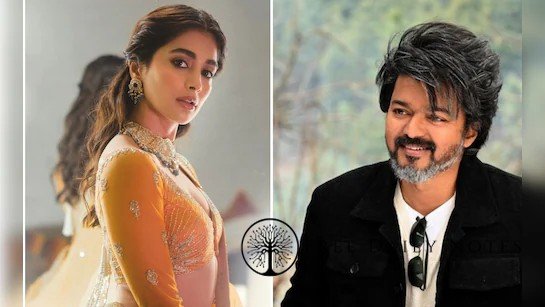
If you’ve never watched a Vijay Thalapathy film, you might wonder what all the fuss is about. Let me try to explain the special sauce that makes his movies events rather than mere entertainment.
First, there’s the dance. Good lord, the man can move! In an industry that values dancing skills, Vijay stands out for his effortless style. Songs like “Vaathi Coming” from “Master” become national sensations not just because of the music but because of those signature moves that everyone from toddlers to grandparents tries to copy.
Then there’s his impeccable comic timing – a severely underrated aspect of his talent. Those tiny expressions, the seemingly improvised one-liners… they create moments of pure joy that get referenced in everyday conversations across Tamil Nadu.
But the real magic happens when these commercial elements combine with smartly chosen social themes. “Kaththi” addressed farmer suicides. “Mersal” took on the healthcare system. “Sarkar” dealt with electoral fraud.
These aren’t preachy art films, mind you. They’re full-blown commercial entertainers with all the masala elements – but they leave you thinking. That’s the Vijay Thalapathy special: entertainment with a purpose.
I’ve observed an interesting pattern in his film choices post-2010. They’ve grown increasingly political, increasingly bold. It’s as if he’s using his cinema to test the waters, to see how his messaging resonates before potentially taking the political plunge.
The Career-Defining Performances
While he’s often criticized by so-called “serious cinema” enthusiasts for sticking to commercial formulas, there are performances throughout Vijay Thalapathy’s career that showcase genuine acting chops beneath the mass appeal.
His dual role in “Bigil” revealed remarkable versatility as he shifted between the aged football coach with a gruff exterior and his more flamboyant son. In “Thuppakki,” his restrained portrayal of an intelligence officer showed he could command the screen without over-the-top heroics.
But perhaps his most nuanced work came in “Master,” where he played an alcoholic professor with a troubled past. The character had flaws, showed vulnerability – quite a departure from the typical invincible hero he often portrays.
I caught a screening of “Master” in a small town outside Madurai during a work trip. The audience reaction was fascinating – they celebrated the mass moments, sure, but they were equally invested in the character’s redemption arc. That’s the evolution of both Vijay as an actor and his audience’s expectations.
The Unprecedented Fan Culture Around Vijay Thalapathy
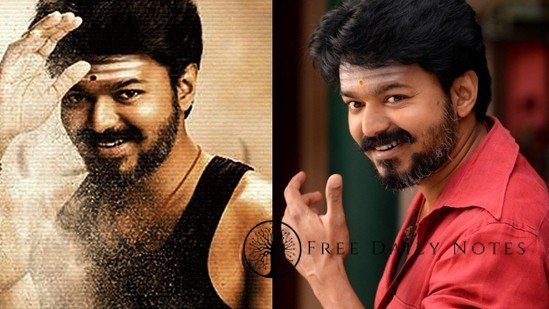
Fan culture in Indian cinema is nothing new. But what happens around Vijay Thalapathy transcends typical fandom and enters the realm of devotion.
Let’s talk numbers for a second. His Twitter account? Over 14 million followers despite tweeting perhaps once or twice a year. His films? Frequently grossed over 300 crores worldwide. First-day tickets? Good luck getting one unless you’ve booked weeks in advance.
But statistics only tell part of the story.
I’ve been covering Tamil cinema for over 15 years now, and I’ve never seen anything quite like a Vijay Thalapathy release day. Theaters are decorated like temples. Fans perform milk abhishekams (ritual pouring of milk) on giant cutouts. Special prayers at actual temples for the film’s success.
During “Leo’s” release in 2023, I witnessed fans in Coimbatore who had traveled overnight, slept on the pavement outside the theater, just to catch that first show. Some had taken leaves from work. Others had postponed important family functions.
“It’s not just a movie, akka,” a young fan told me when I asked why he was going to such lengths. “It’s a celebration of our Thalapathy.”
That word – “our” – keeps coming up in conversations with fans. The sense of personal connection, of ownership, is staggering.
Beyond Tamil Nadu: The Growing Global Footprint
What’s particularly interesting about Vijay Thalapathy’s career trajectory is how his appeal has gradually expanded beyond Tamil Nadu and traditional Tamil diaspora markets.
His films now have significant releases in Japan (where “Mersal” was particularly successful), parts of Europe, and across Southeast Asia. The overseas distribution for “Leo” included screens in countries that had never before shown Tamil films.
I spoke with Meenakshi Shedde, a film curator who programmed “Master” for a South Asian film festival in Germany. “The audience was mostly non-Indian, with no cultural context for Tamil cinema,” she explained. “Yet they connected with Vijay’s screen presence. That’s the mark of a truly universal star.”
This growing international footprint challenges the notion that regional Indian cinema has limited appeal. Vijay Thalapathy might have begun as a Tamil Nadu phenomenon, but he’s increasingly becoming a global ambassador for Tamil cinema.
What’s Next for Vijay Thalapathy | Films, Politics, or Both?
As we look toward the future, the big question surrounding Vijay Thalapathy isn’t about what kind of films he’ll make – it’s about whether cinema will remain his primary platform at all.
His upcoming film “GOAT” (Greatest Of All Time) has generated typical pre-release hysteria, with every tiny update from the sets becoming viral news. But there’s an undercurrent of speculation that these might be among his final films before a political announcement.
The signs are certainly there. His recent public appearances have featured increasingly direct social and political messaging. His fan clubs have evolved from entertainment-focused groups to structured social service organizations. Even his film choices seem to be setting the stage for something beyond cinema.
But here’s what makes the Vijay Thalapathy phenomenon so fascinating to observe: regardless of whether he enters politics or continues in cinema, his cultural impact is already cemented. He’s transcended being just an actor or a star – he’s become a symbol, a movement of sorts.
I attended a film analysis workshop at Madras University last year where a sociology professor made an interesting observation: “Vijay’s films are no longer judged purely as cinema. They’re cultural events that reflect and sometimes shape Tamil Nadu’s social discourse.”
That’s a heavy mantle for anyone to carry. But if there’s one thing Vijay Thalapathy has demonstrated throughout his career, it’s his ability to evolve and adapt while keeping his core appeal intact.
The Legacy Question
At 49, Vijay Thalapathy is at an interesting crossroads. He’s still very much at his peak as a commercial star, yet he’s reached an age where questions of legacy and longer-term impact naturally arise.
Will he be remembered primarily as an entertainer? A social influencer? A political figure? Or some combination of all three?
The answer likely depends on choices he makes in the next few years. But what’s already clear is that he’s fundamentally changed how Tamil cinema operates, raising the bar for what constitutes a “mass hero” and how stardom can be leveraged for social messaging.
As film historian S. Theodore Baskaran told me during a conversation about Tamil cinema’s evolution, “Few stars have managed to remain commercially viable while gradually introducing socially relevant content into mainstream entertainment the way Vijay has.”
That balancing act – entertaining the masses while simultaneously elevating their expectations – might ultimately be Vijay Thalapathy’s most significant contribution to Indian cinema.
FAQ:
What makes Vijay Thalapathy different from other Tamil actors?
What separates Vijay Thalapathy from his contemporaries isn’t just his acting style or choice of films but the unique connection he’s cultivated with audiences. Unlike many stars who maintain a carefully curated public image through constant media presence, Vijay is famously private and selective about his appearances. This paradoxical approachability through distance has created an aura around him that few other actors manage.
How did Vijay Thalapathy build such a massive fan following?
The growth of Vijay Thalapathy’s fan base has been organic rather than manufactured, which explains its intensity and loyalty. His journey from multiple failures to consistent success created a narrative of perseverance that resonates deeply in Tamil culture. The turning point came with films like “Ghilli” (2004) and “Pokkiri” (2007), which established him as a reliable entertainer.
Will Vijay Thalapathy enter politics like other Tamil cinema stars?
While Vijay Thalapathy hasn’t made any official announcement regarding political entry, the signs certainly point in that direction. His recent films have increasingly featured direct political messaging, and his rare public statements have addressed political issues rather than just entertainment. The structure of his fan organization “Vijay Makkal Iyakkam” mirrors political party organization at the grassroots level.
How has Vijay Thalapathy influenced fashion and trends in Tamil Nadu?
Vijay Thalapathy’s influence extends far beyond cinema into everyday fashion and trends across Tamil Nadu. Each film release triggers new style trends – from the military haircut after “Thuppakki” to the casual formal wear popularized in “Master.” Local retailers often stock “Vijay style” clothing before major releases, knowing demand will spike. His impact is particularly visible in smaller towns and rural areas, where young men emulate everything from his walking style to his speech patterns.
What controversies has Vijay Thalapathy faced during his career?
Despite his massive popularity, Vijay Thalapathy’s career hasn’t been without significant controversies. His film “Mersal” (2017) sparked political backlash for criticizing government policies including GST and demonetization, with BJP leaders demanding cuts to certain scenes. The Income Tax department conducted raids at his residence in 2020, which many viewed as politically motivated following his film “Bigil’s” success. He’s also faced tensions with the Tamil Nadu government at various points – his film “Thalaivaa” was temporarily banned in the state in 2013, and he’s had multiple run-ins with the censor board over politically charged content.
What are some lesser-known facts about Vijay Thalapathy’s personal life?
Behind the larger-than-life screen persona, Vijay Thalapathy leads a surprisingly private and disciplined personal life. Few fans know he’s an accomplished singer who has recorded several songs for his own films, including the popular “Google Google” from “Thuppakki.” Despite his massive wealth, he’s known for living relatively modestly compared to other stars of his stature. He married his fan Sangeetha Sornalingam in 1999 after she reportedly wrote him numerous letters, and they have two children who are largely kept away from the media spotlight.


